To mark World Children’s Day 2025, the European Academy of Paediatrics (EAP) invites you to a special webinar:
Every Child and Adolescent’s Right to Safety – Lessons from Frontline Paediatricians & Community Members
This webinar is held in collaboration with UNICEF and featuring speakers from UAPS, Early Birds, VIVA, Norwegian Red Cross, Women of the Sun, Schneider Children’s Medical Center, and the Hostages Families Forum.
This 90-minute session will share powerful, real-world perspectives from paediatricians and community leaders working in conflict-affected and humanitarian settings. Through personal stories and professional insight, the speakers will explore how health professionals, parents, and communities can come together to protect children and adolescents, rebuild hope, and promote peace.
View the Recording
Topics
• Continuity of child health services in conflict (Prof. Marina Mamenko, UAPS)
• Supporting premature infants and parents in wartime (Oleksandra Balyasna, Early Birds)
• Emergency care for forcibly displaced children (Dr. Marina Melkumova, VIVA)
• Field paediatric care in Gaza (Prof. Ketil Størdal, Norwegian Red Cross)
• Mothers building peace and protection across divides (Marwa Hammad, Women of the Sun)
• Caring for children returning from captivity (Prof. Gilat Livni, Schneider Children’s Medical Center & Hostages Families Forum)
• UNICEF closing reflections on child-centred recovery
🧠Learn. Connect. Inspire. 👶 Together, we protect every child’s right to safety and care.
This joint webinar was organised with contributions from:
European Academy of Paediatrics (EAP), UNICEF, Norwegian Red Cross, Women of the Sun, VIVA – Doctors & Volunteers for Armenia, Early Birds Ukraine, the Hostages Families Forum, and UAPS.
Meet the Speakers:
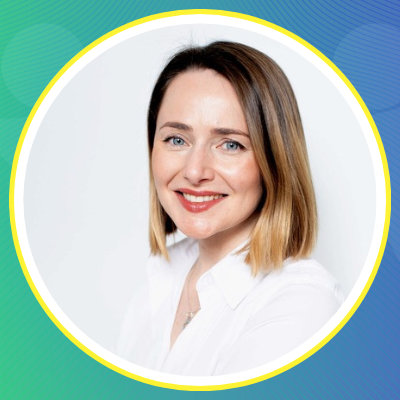
Early Birds: Building Hope for the Tiniest Lives
Head, Ukrainian Early Birds Preemie Parent Association Parent Advisory Board Member, Global Foundation for the Care of Newborn Infants (GFCNI) Coordinator for Communication and Projects, SOFT tulip (The Netherlands)
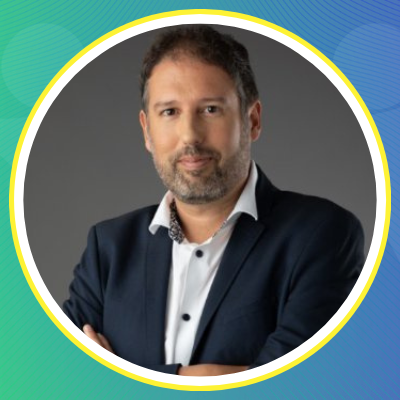
Rebuilding Hope: Child-Centred Recovery and Humanitarian Action
Regional Health and Nutrition Advisor, UNICEF Latin America and the Caribbean
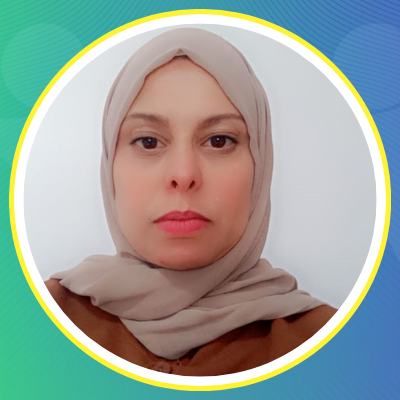
Mothers for Peace: Shared Humanity Across Divides
Fundraiser & Program Director, Women of the Sun, Bethlehem
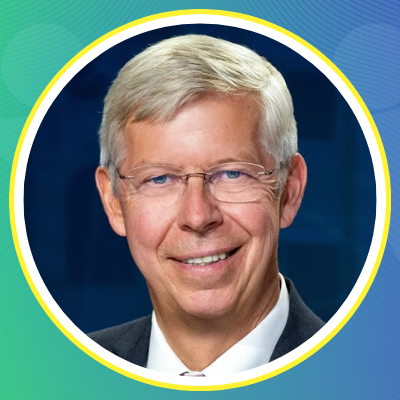
Moderator
MD, PhD, President, European Academy of Paediatrics (EAP), Professor Emeritus of Paediatrics, Ludwig-Maximilians-University of Munich, Germany
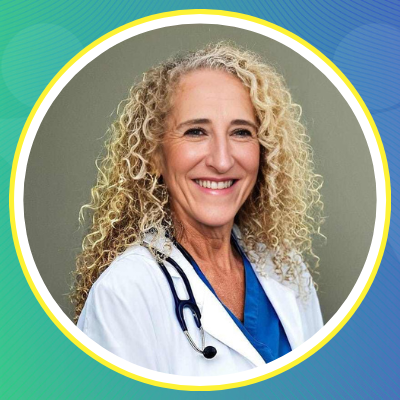
A Paediatrician’s Perspective: Children Returning from Captivity
MD, Director Paediatric and Infectious Disease Unit, Schneider Children's Medical Center Israel, Gray School of Medicine, Tel Aviv University, Israel, Volunteer Doctor of the Hostage and Missing Families Forum.
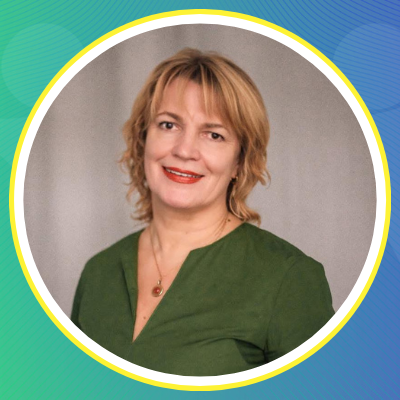
Continuity of Child Health in the Midst of Conflict
MD, DMedSc, Head, Ukrainian Academy of Pediatric Specialties (UAPS) Professor of Pediatrics, National University of Kyiv-Mohyla Academy, National Delegate of Ukraine to the European Academy of Paediatrics (EAP)
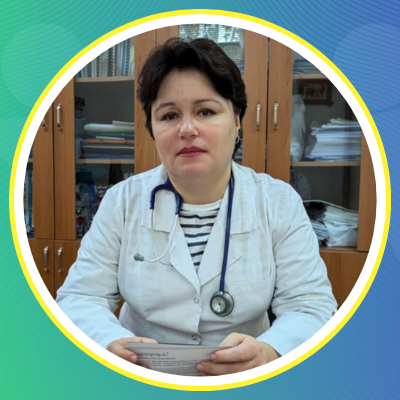
Emergency Care for Forcibly Displaced Children in Armenia
MD, Doctor and Volunteer of VIVA – Doctors and Volunteers for Armenia Foundation, Adolescent Health Program Coordinator, "Arabkir" Medical Centre-Institute of Child and Adolescent Health, Co-Principal Investigator, HBSC - Principal Investigator, COSI Armenia
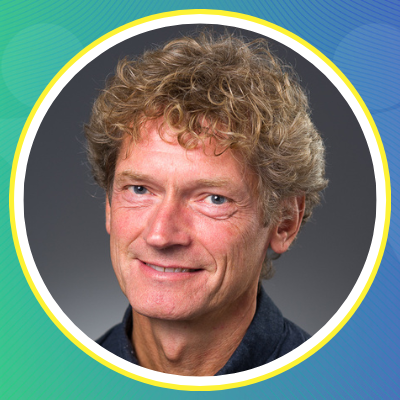
On the Front Lines of Child Health Care in Gaza
MD, PhD, Volunteer Doctor of the Norwegian Red Cross, Consultant Paediatrician, Oslo University Hospital National Delegate of Norway to the European Academy of Paediatrics (EAP)

New ways to test high-risk medical devices.
Manufacturers of medical devices need to test their products before being allowed to market them. Specifically, they require clinical data showing their medical device is safe and efficient. In this context, the EU-funded CORE-MD project will translate expert scientific and clinical evidence on study designs for evaluating high-risk medical devices into advice for EU regulators. The project will propose how new trial designs can contribute and suggest ways to aggregate real-world data from medical device registries.
It will also conduct multidisciplinary workshops to propose a hierarchy of levels of evidence from clinical investigations, as well as educational and training objectives for all stakeholders, to build expertise in regulatory science in Europe. CORE–MD will translate expert scientific and clinical evidence on study designs for evaluating high-risk medical devices into advice for EU regulators, to achieve an appropriate balance between innovation, safety, and effectiveness. A unique collaboration between medical associations, regulatory agencies, notified bodies, academic institutions, patients’ groups, and health technology assessment agencies, will systematically review methodologies for the clinical investigation of high-risk medical devices, recommend how new trial designs can contribute, and advise on methods for aggregating real-world data from medical device registries with experience from clinical practice The consortium is led by the European Society of Cardiology and the European Federation of National Associations of Orthopaedics and Traumatology, and involves all 33 specialist medical associations that are members of the Biomedical Alliance in Europe.